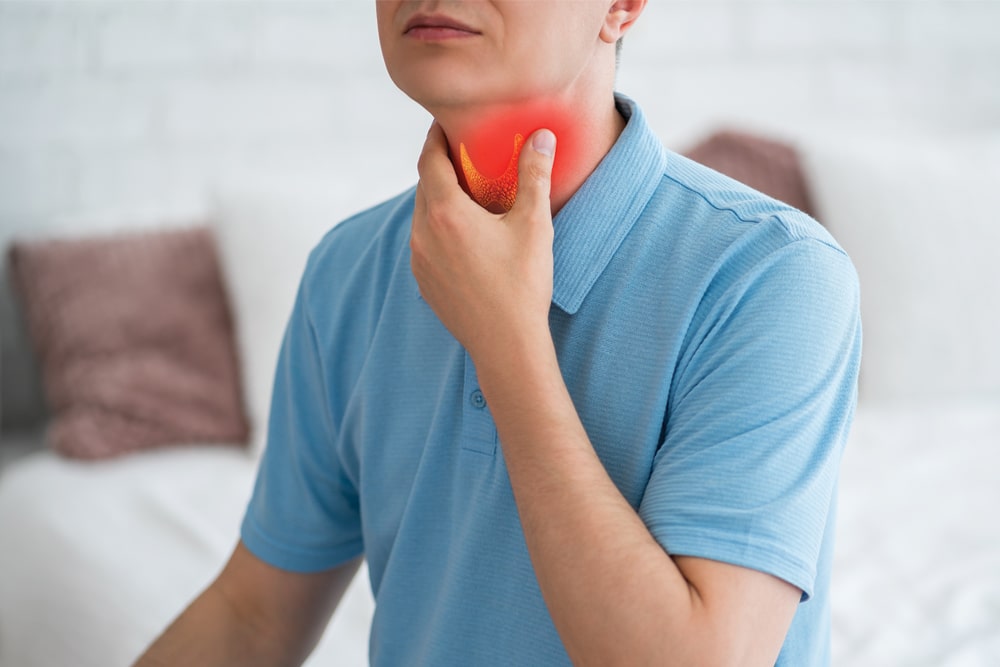Expert Treatment for Fecal Impaction by Dr. Bharat Pothuri
Dr. Pothuri uses a step-by-step approach:
Medical History and Symptom Review
He discusses your bowel habits, diet, fluid intake, medication use (especially opioids), activity level and any risk factors for chronic constipation or nerve injury.
Physical Examination
He performs an abdominal exam to check for distention or tenderness, then gently conducts a digital rectal exam to feel for hard stool in the rectum.
Imaging Studies
- Abdominal X-ray to visualize the extent of stool burden and confirm impaction.
- Ultrasound can help rule out other causes of abdominal pain and assess the stool mass.
ICD-10 Coding
The diagnosis is recorded under code K56.41 (Fecal impaction) to ensure accurate documentation and streamline insurance processing.
Frequently Asked Questions
What is the difference between fecal impaction and constipation?
Constipation means stools are hard or infrequent. Fecal impaction means a large, dry stool is stuck in the rectum and cannot pass without treatment.
What are the signs of fecal impaction?
You may experience abdominal pain, rectal pressure, nausea, vomiting, or notice watery stool leaking around the blockage.
What is the ICD-10 code for fecal impaction?
The ICD-10 code is K56.41, used for documenting the diagnosis and facilitating insurance claims.
Is surgery required to treat fecal impaction?
No. Surgery is rare. Most cases are resolved with laxatives, enemas, suppositories, or manual removal in the office.
Can diet changes help prevent fecal impaction?
Yes. Drinking plenty of water and eating a high-fiber diet of fruits, vegetables, and whole grains helps keep stools soft and prevents impaction.
Is fecal impaction a medical emergency?
It can be. Seek immediate care if you have severe pain, persistent vomiting, or cannot pass stool or gas.












